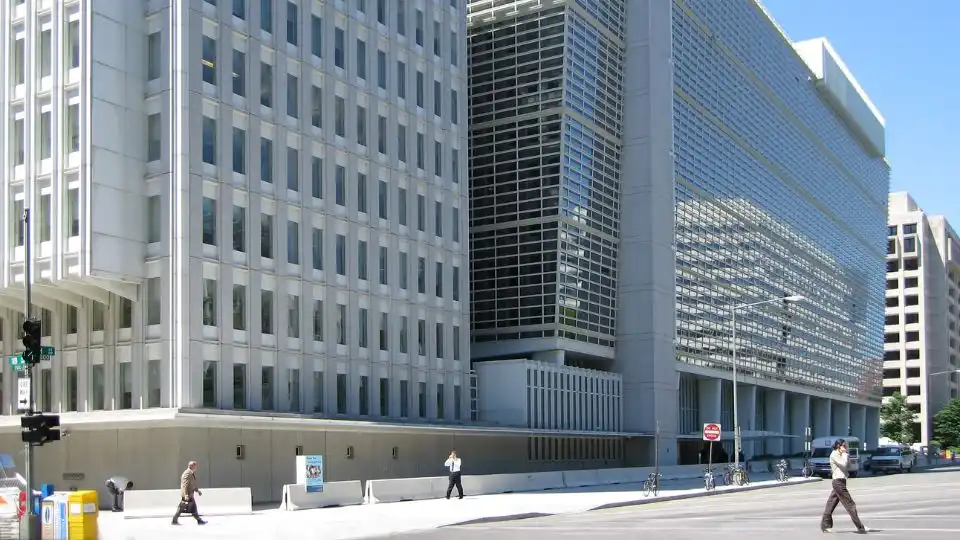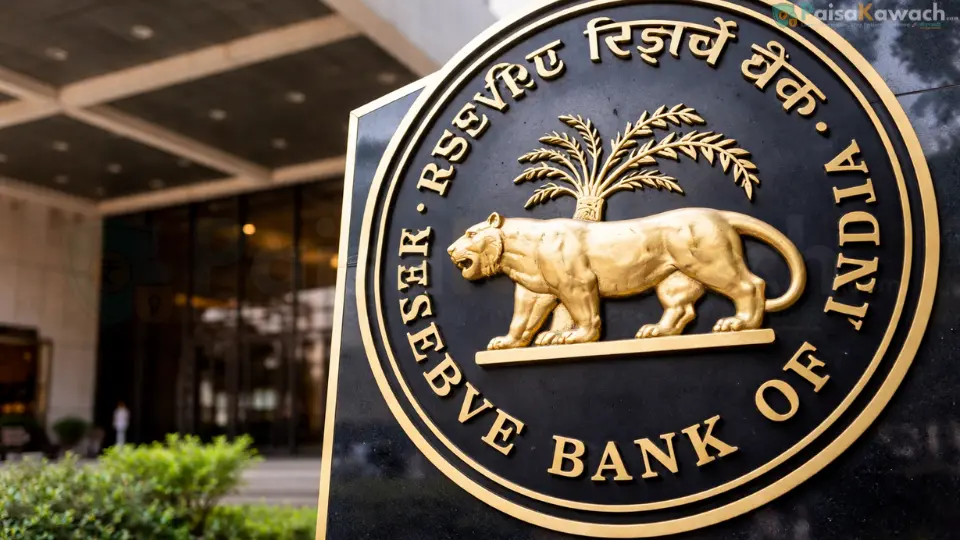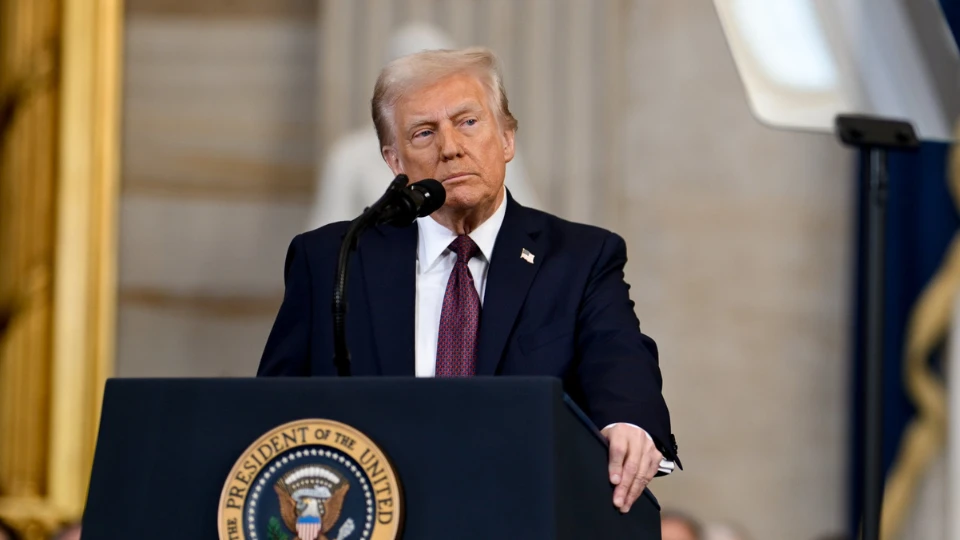The regulatory landscape for cryptocurrency in the United States is undergoing a dramatic transformation as lawmakers and federal agencies turn their focus to decentralized finance (DeFi) and institutional crypto adoption. A newly introduced 236-page legislative proposal—dubbed the CLARITY Act—has sparked debate among stakeholders, with critics warning that it may complicate rather than simplify regulatory compliance for the crypto industry.
CLARITY Act: A Double-Edged Sword?
Unveiled earlier this week, the CLARITY Act seeks to create a framework for digital asset oversight. While the bill aims to provide certainty in areas long deemed regulatory gray zones, opponents argue it introduces overlapping definitions and potential conflicts with existing securities law.
The act attempts to define digital commodities, custodians, and intermediaries while laying the groundwork for interagency collaboration between the SEC, CFTC, and Treasury Department. However, the complexity of blockchain ecosystems means that blanket policies may fall short of addressing nuanced use cases, especially in decentralized environments.
SEC Targets DeFi: Shift from Code to Conduct
The Securities and Exchange Commission is also stepping up its scrutiny of DeFi. According to recent internal guidance obtained by Axios, the SEC is shifting its focus from the codebase of decentralized protocols to the economic activities they facilitate. This means DeFi projects may now be evaluated not just for how they are built, but for what they do—and whom they serve.
- Projects facilitating tokenized lending and borrowing may require registration.
- Yield-generating DeFi platforms could face stricter anti-money laundering (AML) requirements.
- Decentralized autonomous organizations (DAOs) may be treated as unregistered investment firms.
Legal analysts suggest that this marks a significant departure from the SEC’s prior "technology-neutral" stance and could lead to more enforcement actions later this year.
Metaplanet Makes a Bold Bet on Bitcoin
Amid the regulatory tightening, institutional interest in crypto continues to surge. Japanese holding company Metaplanet announced it has raised approximately $5.4 billion to invest in bitcoin, following the lead of U.S.-based MicroStrategy. The move was lauded by bitcoin advocates as a sign that global corporates are hedging against fiat uncertainty.
Analysts believe this trend of institutional accumulation will force regulators to draw a clearer line between speculative retail trading and long-term corporate asset management in crypto.
What’s Next for the Crypto Industry?
As Congress debates the CLARITY Act and agencies tighten their grip on decentralized protocols, many in the industry are calling for a unified digital asset framework that balances innovation with investor protection. Without such clarity, startups may continue to migrate offshore, and U.S. dominance in crypto innovation could decline.
Still, some experts are optimistic. “While the current draft is imperfect, it's a conversation starter. And we desperately need that conversation,” said Sheila Warren, CEO of the Crypto Council for Innovation.
Final Thoughts
The months ahead will be crucial for U.S. crypto markets. As new rules take shape, developers, investors, and institutions alike must stay alert and agile. Whether these reforms usher in a golden age of clarity or a chilling wave of overreach will depend on the dialogue between Capitol Hill, Wall Street, and Web3 innovators.






